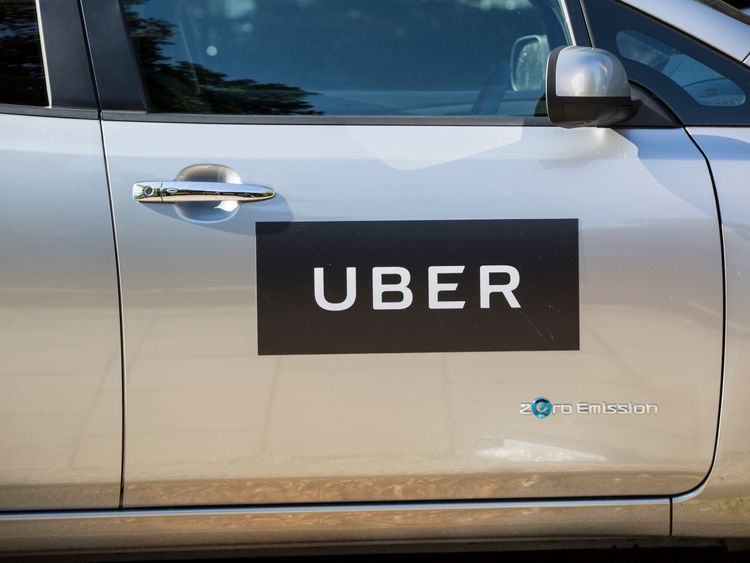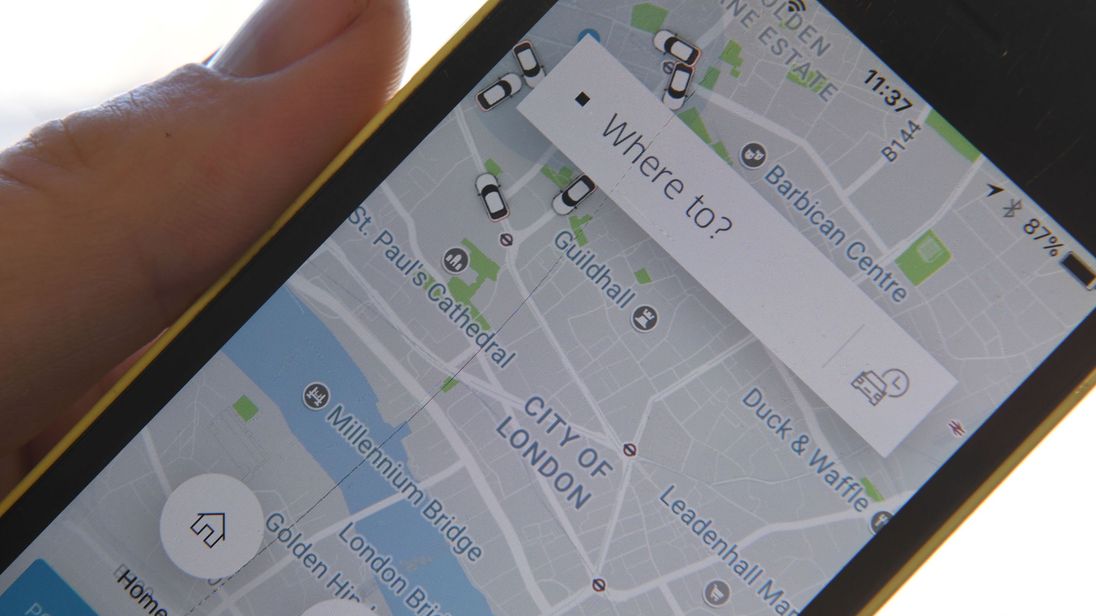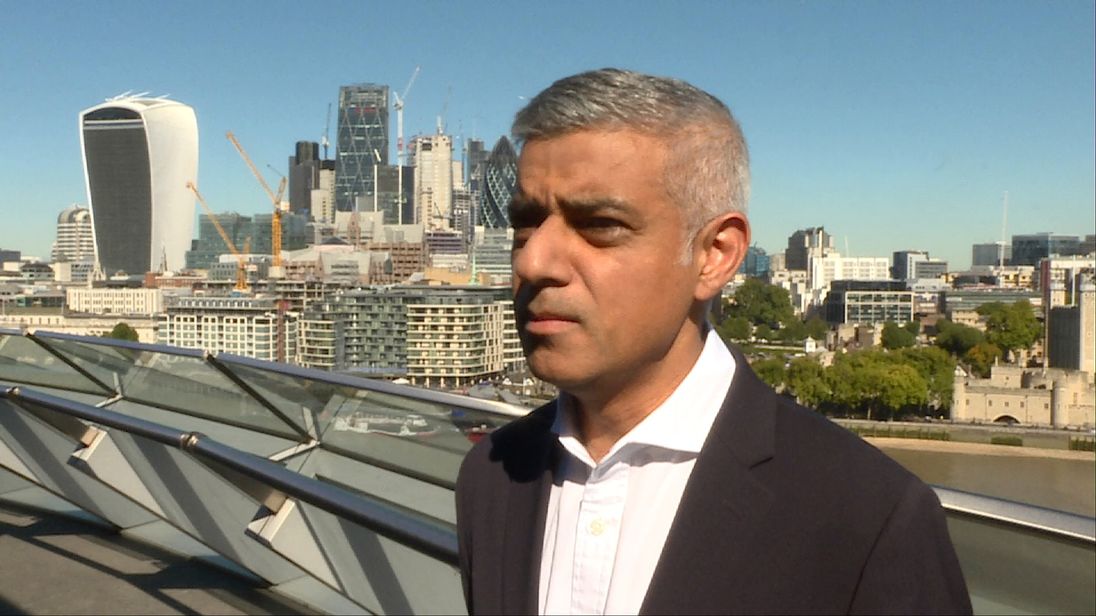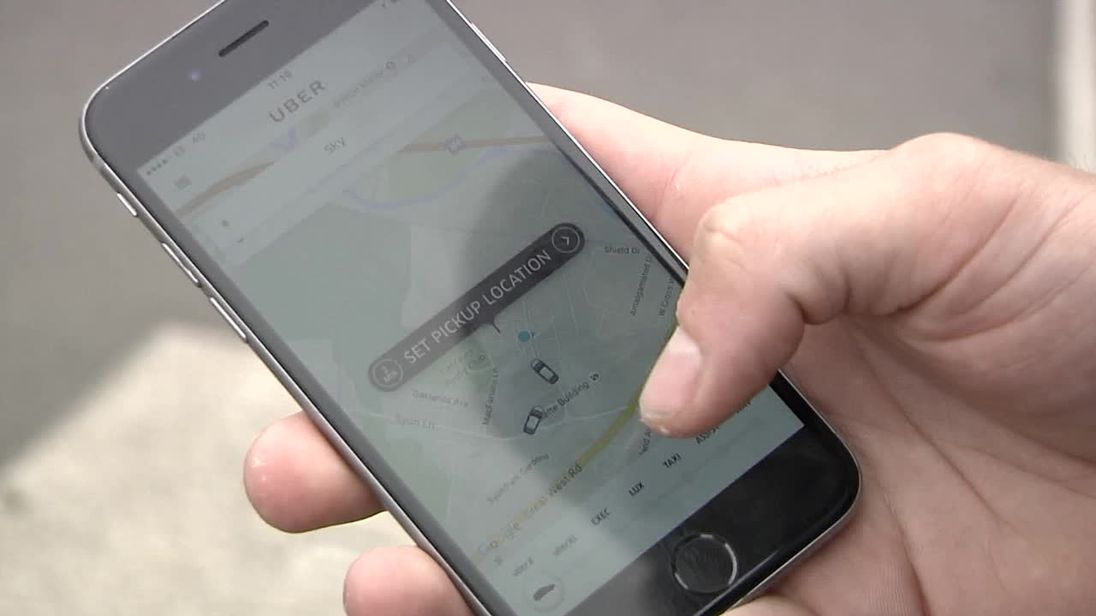The ruling from Europe's highest court found that Uber "must be regarded as being inherently linked to a transport service and, accordingly, must be classified as 'a service in the field of transport'".
In short, this means Uber will now be officially recognised as a cab company rather than a technology company.
One implication of the ruling is that the company will now be regulated as transport company, meaning that rules can be set at country level.
:: 10 Uber-interesting facts from 'brilliant jerks' to forced selfies
In contrast, rules for digital platforms - which the company had argued that they were - are set Europe-wide.
While the long-running case, which originated in Spain, is not legally binding but is likely to foreshadow the decision in the majority of EU cases.
Uber has previously insisted that the outcome of this case will not affect its business.
The ruling says that as a transport service, Uber will be excluded from the scope of the freedom to provide services in general" as well as "on services in the internal market and the directive on electronic commerce".
It goes on to say that despite Uber's claims to be a mere service provider - linking customers with their ride - Uber should be classified as "a service in the field of transport" rather than "an information society service".
For this reason, it says, Uber's "intermediation service must be regarded as forming an integral part of an overall service whose main component is transport".
The court hearing result comes on the same day as Uber returns to court to outline an appeal against its London licence.
In September, Transport for London said it would not renew the company's private hire licence after finding it is "not fit and proper" to hold one.
London mayor Sadiq Khan said that while he wanted London to be the home of innovation and new technology, Uber simply weren't "operating by the rules set down by Parliament".
The taxi-hailing app will continue to operate in the London ahead of the appeal, which is due to be heard next year.
Uber's success has posed a challenge to the capital's traditional black cabs - whose drivers undergo hundreds of hours of training before qualifying - but it has been caught up in the backlash against the so-called gig economy.
The company will also be appealing against a November ruling which found their workers were entitled to the minimum wage, sick pay, paid holiday and breaks.
Meanwhile, five-year licences have been granted for to the company to operate in Cambridge and Sheffield.
Licensed as a private hire company in London in 2012, Uber has rapidly grown and now has about 40,000 drivers in the capital, and is used by about 3.5 million people.
The San Francisco-based company also operates in more than 600 locations around the world, including more than 40 towns and cities in the UK.











